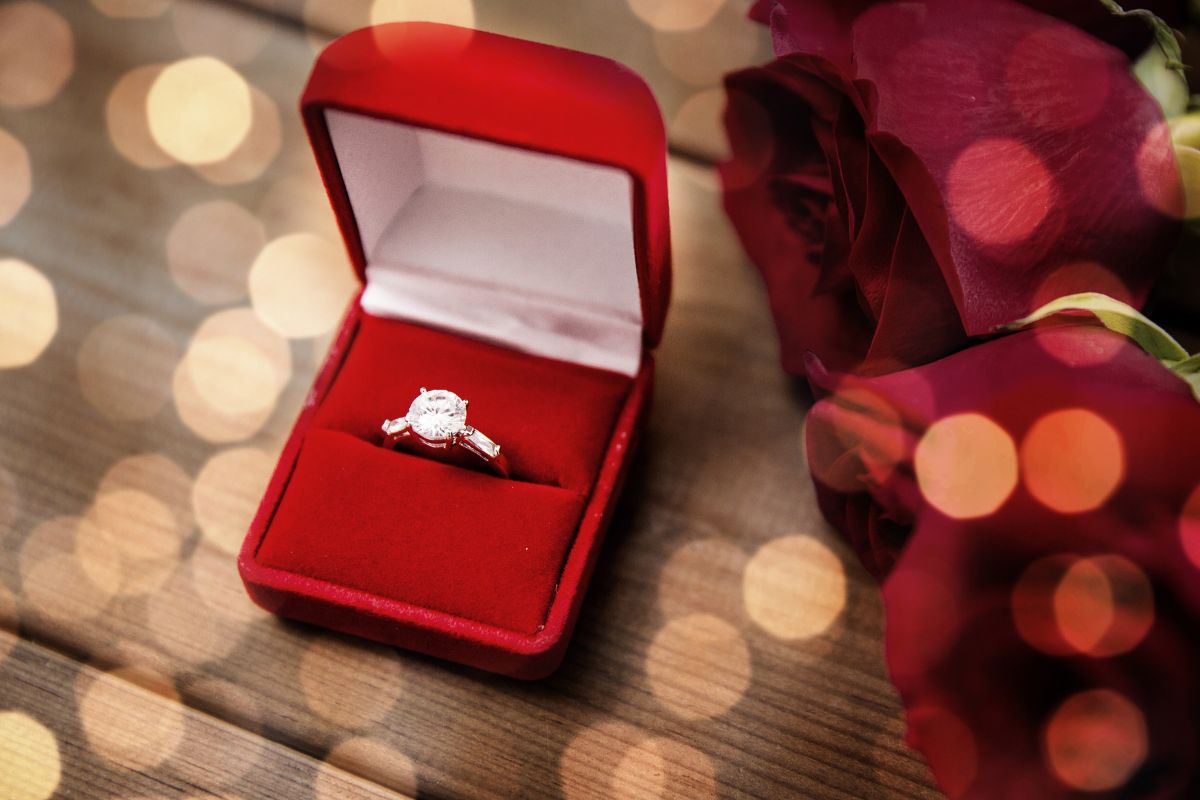Massachusetts Court Rules that Woman Must Return $70,000 Engagement Ring to Ex-Fiancé
Bruce Johnson purchased an engagement ring for about $70,000 and proposed to Caroline Settino on Cape Cod. The couple was engaged in 2017. Johnson and Settino broke up a short time later. Johnson accused Settino of being verbally abusive and having an affair when he found a text message on Settino’s phone. Settino denied having an affair and claimed the man she was texting was just a friend.
Johnson broke up with Settino before they were married. Johnson sued Settino, claiming he was the rightful owner of the engagement ring. Johnson based his lawsuit on a law that permitted one to retrieve the engagement ring they gave their partner if they weren’t at “fault” for the breakup.
The trial court judge initially ruled that Settino could keep the ring after determining that Johnson had called off the engagement. Johnson appealed the ruling in September 2023. A Massachusetts Appellate Court ruled in his favor in November 2024, finding that Johnson had behaved reasonably in ending the engagement.
After Johnson and Settino began dating in 2016, he took her on trips and bought her jewelry, handbags, and shoes. In 2017, Johnson asked Settino’s father for permission to marry her, and Johnson proposed afterward. Johnson and Settino planned their wedding for September 2018.
Johnson alleges that in the fall of 2017, his fiancé became “critical and unsupportive of him.” Johnson claims that Settino yelled at him, called him a moron, and didn’t accompany him to medical appointments when he was diagnosed with prostate cancer.
 Gift or Contract
Gift or Contract
The return of engagement or wedding rings is an old debate in family law. The person receiving the ring may contend that the ring is a gift. Gifts are given without consideration or any expected return in value. Gifts are common in romantic relationships so the thought of an engagement or wedding ring as a gift is not an unusual idea.
However, the person giving the ring may see the ring as a contract – the receiver promises to marry the other person in exchange for the ring. Engagement rings involve literal proposals while wedding rings are given when literal vows are exchanged. If proposals and the exchange of vows are not the definition of a contract, then what is?
However, Massachusetts has resolved this old debate by making it legally permissible for someone to retrieve an engagement ring if the marriage doesn’t go through. Instead, Massachusetts has adopted a “fault” based system to determine whether a ring should be returned. Modern divorce law does not take “fault” into account when a married couple splits up, so it is ironic that Massachusetts would use the “fault” system to determine custody of an engagement ring prior to marriage itself. If Johnson is correct in his version of events though, evidence of an affair and verbal abuse would likely be reasonable grounds for ending the engagement, let alone a marriage.
Do I Need a Lawyer for My Family Law Issue?
If you have encountered any issue related to family law, then you should contact a family lawyer today. A skilled family lawyer can answer your questions and represent your best interests in court.


Comments